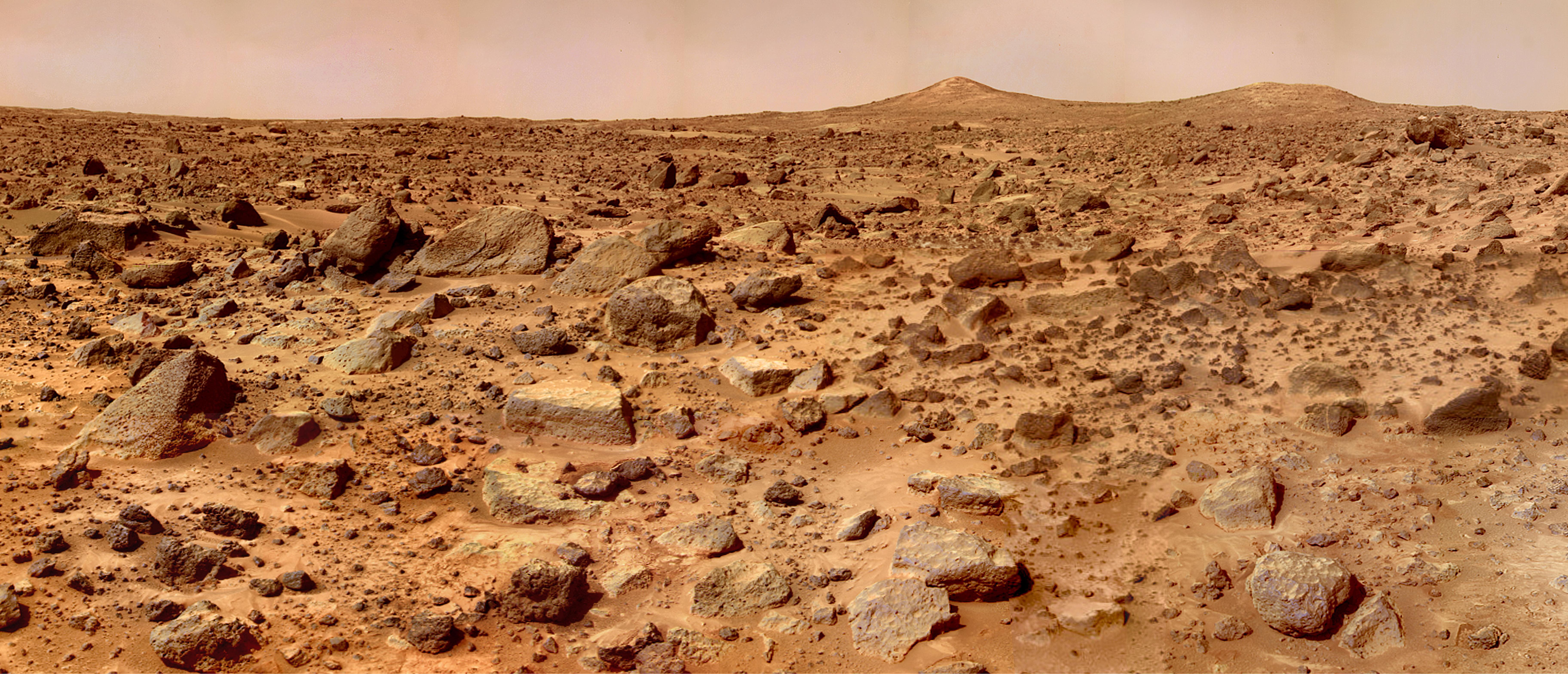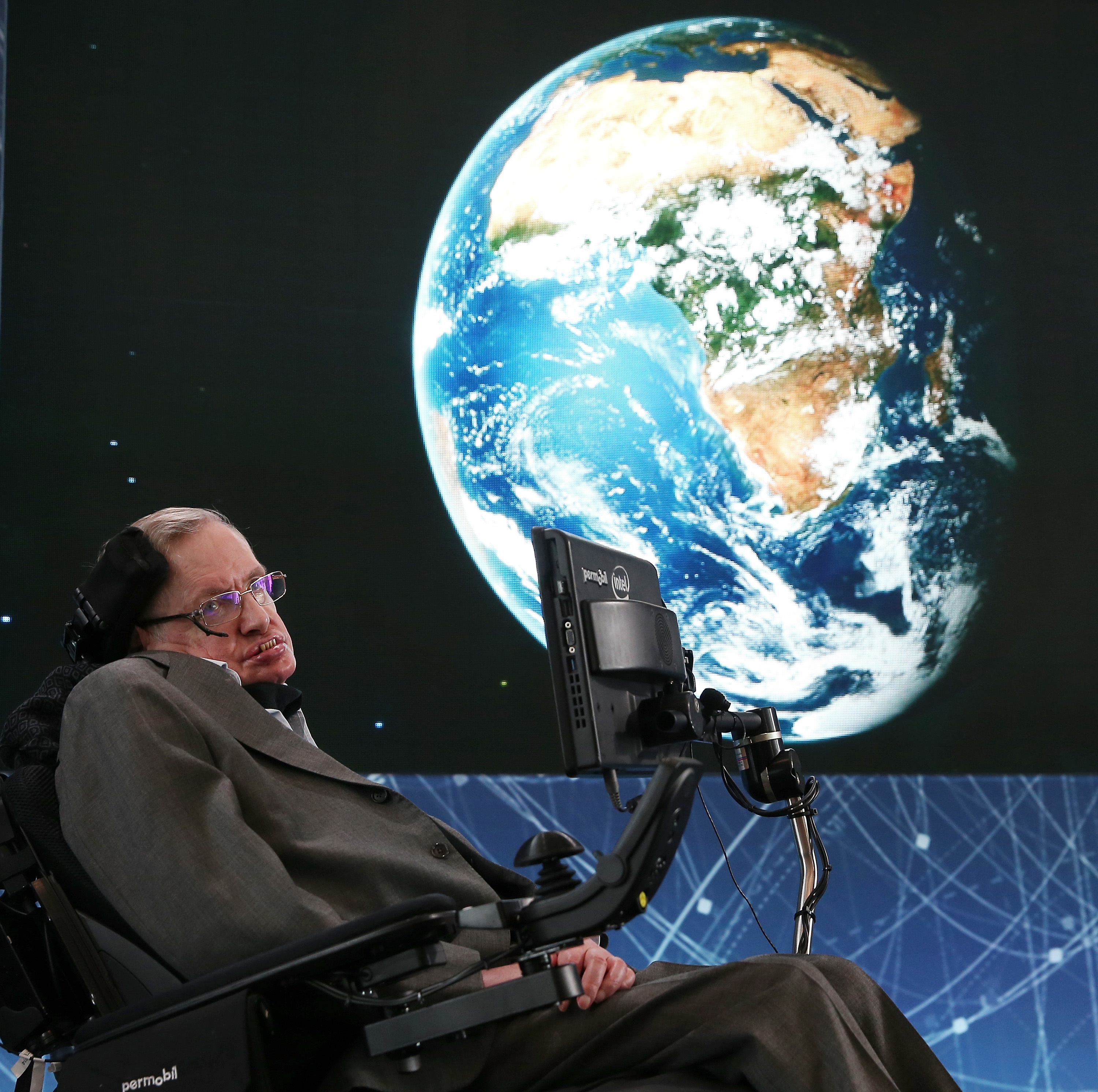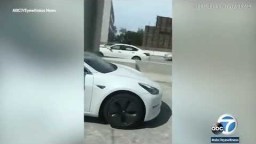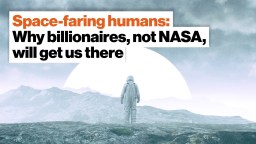elon musk
We are likely to see the first humans walk on Mars this decade.
When we look at the night sky, we may see junk instead of stars.
How many hurdles stand in the way of hyperloops becoming a commercial reality?
The electric car manufacturer says updates to its battery design and manufacturing process will help lower production costs.
“It’s kind of like a Fitbit in your skull with tiny wires,” Musk said.
Just how close are we to setting up camp on another planet? It’s complicated.
▸
17 min
—
with
Some of the world’s top minds weigh in on one of the most divisive questions in tech.
▸
17 min
—
with
SpaceX’s momentous Crew Dragon launch is a sign of things to come for the space industry, and humanity’s future.
The lessons we’ve learned here on Earth will affect how we govern a new world.
▸
4 min
—
with
Astronaut Garrett Reisman talks NASA, SpaceX, and where we’re headed next.
▸
4 min
—
with
A mission is planned for just three weeks from now, but NASA has a plan.
The tech billionaire Elon Musk releases a song where he performs himself.
A 2020 space mission wants to use zero gravity to disable some of the hardest cancers to fight.
The space station sector has exciting potential as more private companies enter the conversation.
▸
6 min
—
with
When it comes new PR disasters, NASA isn’t taking any risks.
▸
3 min
—
with
The billionaires are both looking to the stars, but each has a different dream for space colonization.
▸
4 min
—
with
Musk also said that “anonymous bot swarms” should be investigated.
Such a battery would make it far cheaper to implement robotaxis and long-haul electric trucks, both of which Tesla is developing.
The water tower-shaped craft is an early prototype of Starship, which SpaceX hopes will someday send humans to Mars.
“A monkey has been able to control a computer with its brain,” Musk said, referring to tests of the device.
The Apollo 11 astronaut was recently awarded the Stephen Hawking Medal for Lifetime Achievement.
It marks another milestone in SpaceX’s long-standing effort to make spaceflight cheaper.
A passenger on a California freeway shot a video of a Tesla driver dozing off at the wheel.
▸
with
The Tesla Motors CEO has plans for a James Bond-like car that drives on and under water.
The massive Starlink satellite network from SpaceX is causing worries.
Elon Musk took issue with recent ideas for space exploration from Jeff Bezos.
Mega-rich entrepreneurs are taking us where no human being has gone before.
▸
3 min
—
with
Even if the company call pull it off, are Americans ready to trust fully autonomous cars?
After docking at the International Space Station, the unmanned capsule executed a fiery and carefully choreographed return to Earth.





























